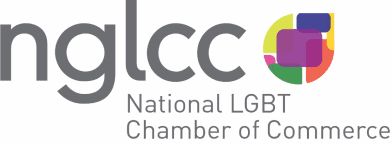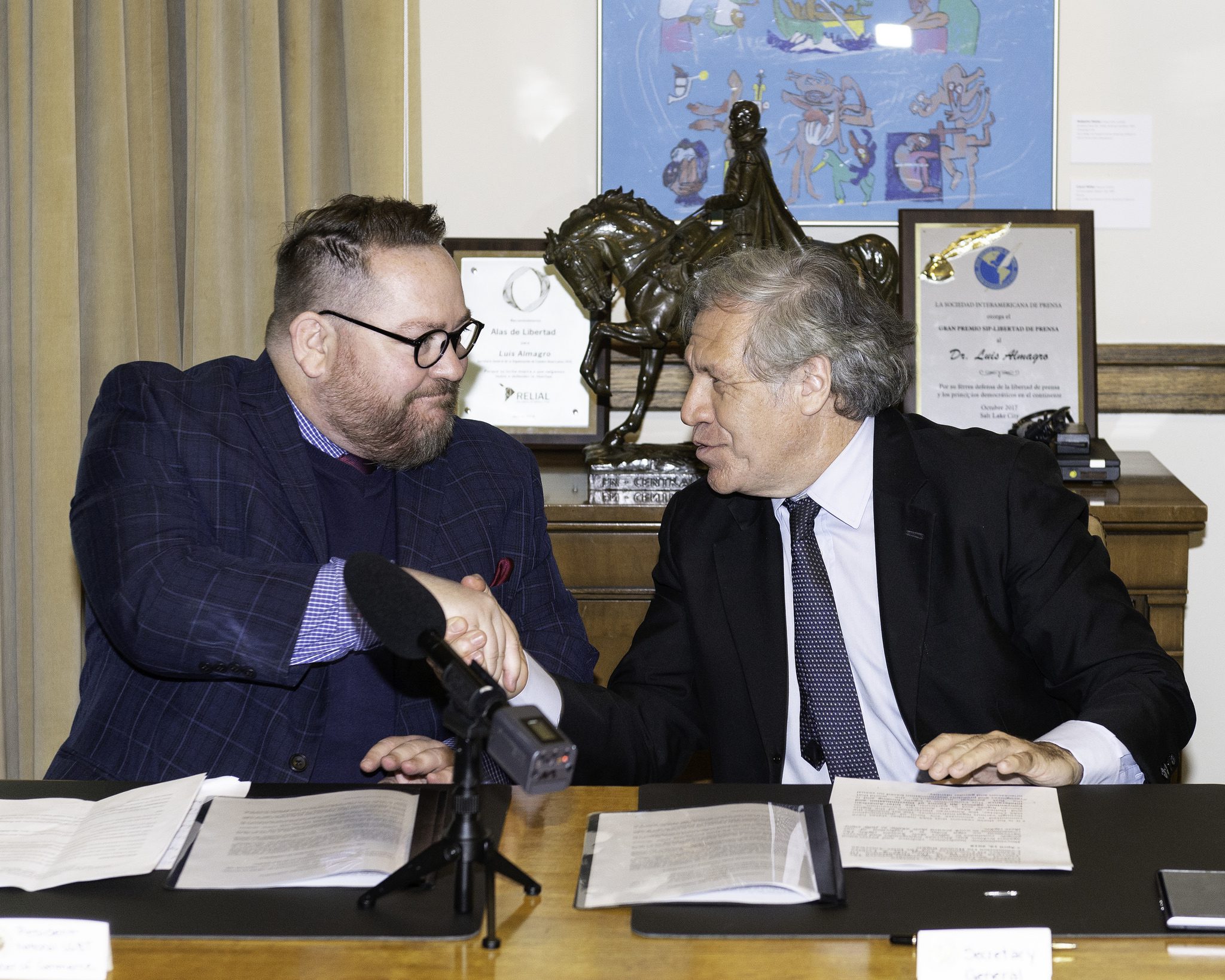
NGLCC Co-Founder & President, Justin Nelson, and OAS Secretary-General, Luis Almagro, signing a Memorandum of Understanding
“Are we comfortable with 40 million people living [in the Western Hemisphere] in a situation of discrimination, inequality, and injustice? Are we okay with missing out on the contributions those 40 million people could make to achieving greater prosperity in our region?” – Luis Almagro, OAS Secretary General
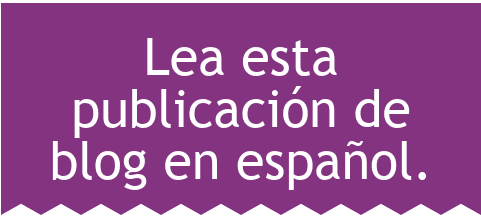 These questions drove the discussion following the signing of a historic Memorandum of Understanding (MOU) on April 19, 2018, at the Organization of American States (OAS) in Washington, DC. The MOU officially launched a partnership between the Global Division of the National LGBT Chamber of Commerce (NGLCC Global) and the General Secretariat of the OAS through its Department of Social Inclusion as well as the Inter-American Commission on Human Rights (IACHR), and was signed by Justin Nelson, Co-Founder and President of NGLCC, and Luis Almagro, Secretary General of the OAS, alongside Paulo Abrão, the IACHR Executive Secretary.
These questions drove the discussion following the signing of a historic Memorandum of Understanding (MOU) on April 19, 2018, at the Organization of American States (OAS) in Washington, DC. The MOU officially launched a partnership between the Global Division of the National LGBT Chamber of Commerce (NGLCC Global) and the General Secretariat of the OAS through its Department of Social Inclusion as well as the Inter-American Commission on Human Rights (IACHR), and was signed by Justin Nelson, Co-Founder and President of NGLCC, and Luis Almagro, Secretary General of the OAS, alongside Paulo Abrão, the IACHR Executive Secretary.
First announced in November 2017 at NGLCC’s 2nd annual Global LGBTI Business Week, this launched a research partnership dedicated to generating quantitative data on discrimination and socioeconomic exclusion of lesbian, gay, bisexual, transgender, and intersex (LGBTI) people in Latin America and the Caribbean. While there are numerous stories throughout the region that document the experiences of LGBTI people, there is a stark lack of quantitative data on these communities, which limits a more in-depth understanding of the extent and effects of discrimination and exclusion.
These are the realities that Secretary-General Almagro alluded to in the aforementioned questions, referencing the estimated population of up to 40 million LGBTI people in the Americas –a number drawn from the now estimated 10 million adults in the United States who identify as LGBT – and extrapolated to apply to the whole region represented by the OAS.
After posing those questions, Secretary General Almagro went on to describe “the lost talent, the lost contributions, the lost income, and the lost economic progress” in the region, pushing the audience to question, “how do we measure the effects of discrimination against LGTBI people in the workplace? How do we measure the potential contributions of LGTBI people when placed in the most productive positions relative to their qualifications—or when they are incorporated in the formal economy?”
The precedent for these questions comes from a similarly historic study conducted by NGLCC in 2016, titled “America’s LGBT Economy”, which highlighted the positive contributions of LGBT-owned businesses in the United States. The report found that, from the overall estimated population of 1.4 million LGBT-owned businesses in the U.S., their financial contributions to the economy are significant – as high as $1.7 trillion dollars in aggregate.
NGLCC Co-founder and President, Justin Nelson, used this report from the U.S. to showcase the regional potential to realize LGBTI economic empowerment and to cultivate their strengths and contributions. Specifically, when LGBTI people and business owners are given an equality of opportunity, their contributions are powerful – these communities do not create and contribute in spite of their differences, but because of their differences. Nelson further noted, “think for a minute if decision-makers from Buenos Aires to Ottawa would understand that LGBTI people are also job creators; understand the economic impact. Governments, policy-makers, and decision-makers at every level need to understand that, and this partnership will promote just that.”
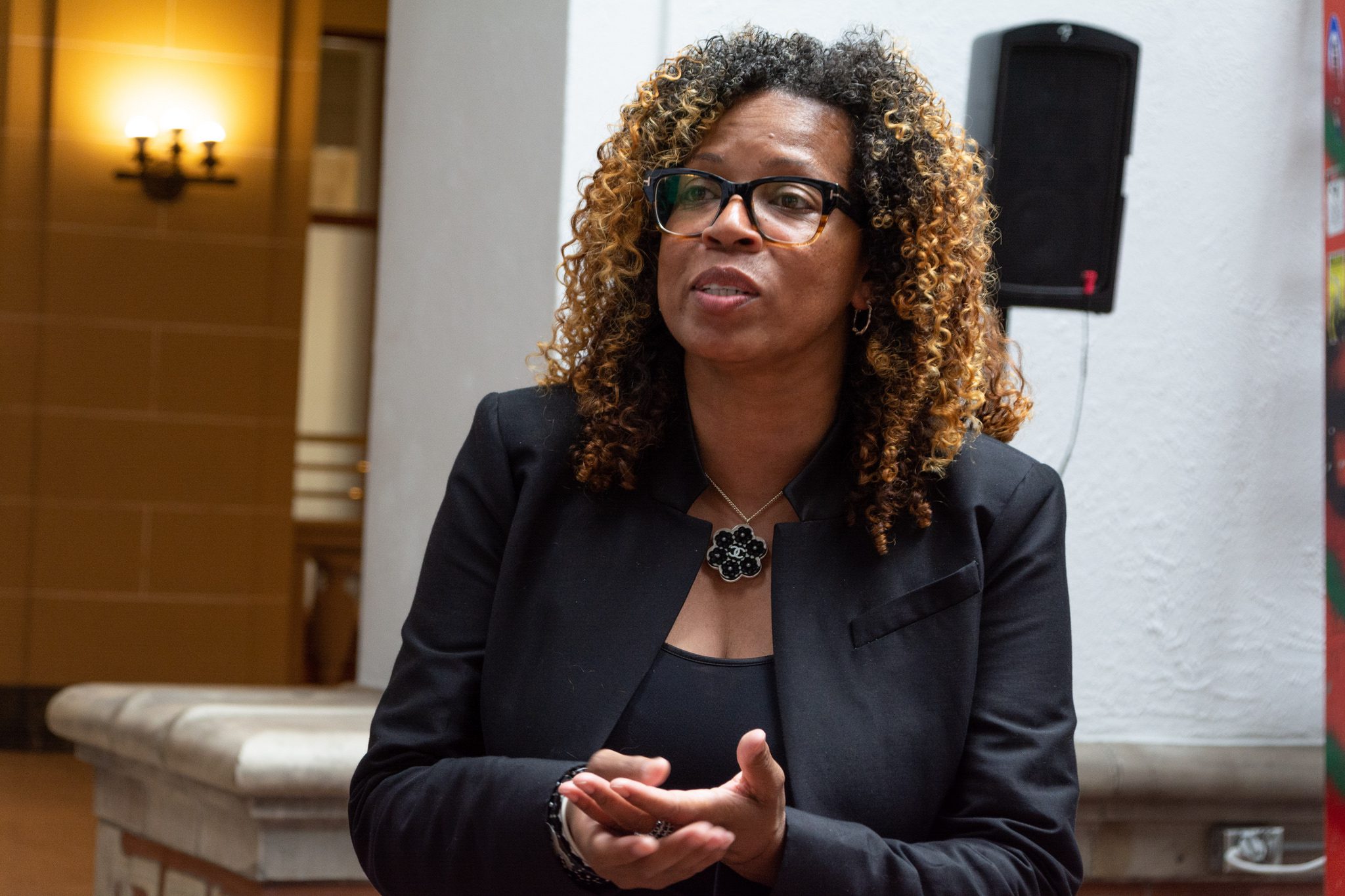 Even with this historic partnership, the challenges are real: investments in global LGBTI issues will continue to remain a challenge. However, for the first time ever outside of the U.S., this partnership will convene public and private sector funding, so that the research can inform both governments and corporations alike on how to better promote LGBTI social and economic empowerment. Nedra Dickson (Global Supplier Inclusion & Sustainability Lead at Accenture), offered comments in support of the research and from the perspective of the private sector: “We know the color green, and we’re going to utilize this data, and we’re going to make sure that everyone understands this economic impact.”
Even with this historic partnership, the challenges are real: investments in global LGBTI issues will continue to remain a challenge. However, for the first time ever outside of the U.S., this partnership will convene public and private sector funding, so that the research can inform both governments and corporations alike on how to better promote LGBTI social and economic empowerment. Nedra Dickson (Global Supplier Inclusion & Sustainability Lead at Accenture), offered comments in support of the research and from the perspective of the private sector: “We know the color green, and we’re going to utilize this data, and we’re going to make sure that everyone understands this economic impact.”
Director of NGLCC Global, Phil Crehan, spoke to the innovation and promise of this partnership: “In this data-driven world, it’s unacceptable that LGBTI people lack meaningful numbers to show their challenges, how often they face discrimination throughout the labor market, the challenges in accessing financial services, and beyond. By working with the OAS and IACHR, as well as our network of LGBTI Chambers of Commerce throughout the region and others in civil society, we will work to understand and implement a more robust notion of LGBTI economic empowerment and inclusive economic growth in Latin America and the Caribbean”.
For more on this partnership, please email global@nglcc.org or follow this link to the OAS.
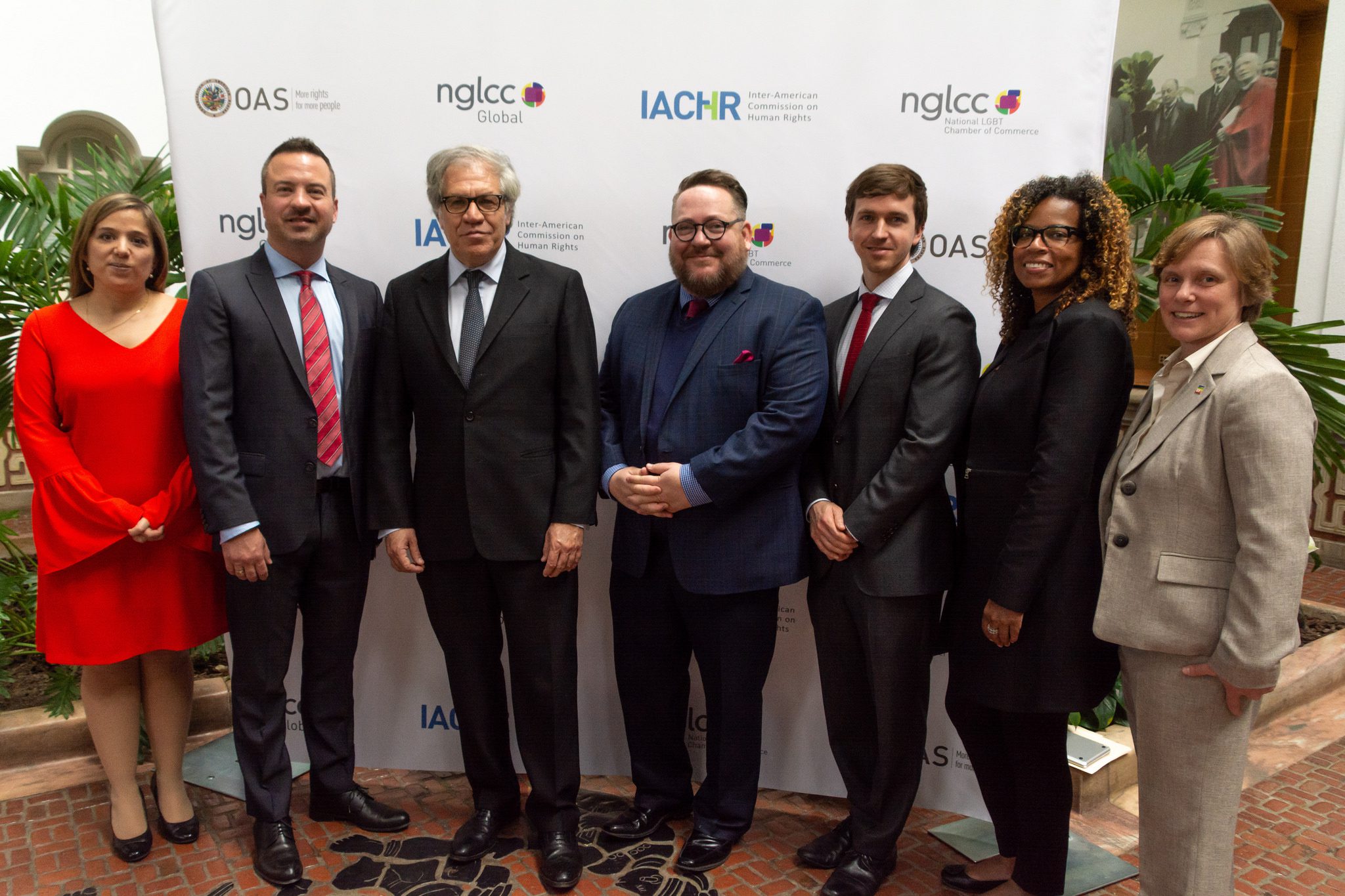
From left to right: Dr. Betilde-Muñoz-Pogossian, Director of the Department of Social Inclusion, OAS; Chance Mitchell, Co-Founder & CEO, NGLCC; Luis Almagro, Secretary-General, OAS; Justin Nelson, Co-Founder & President, NGLCC; Phil Crehan, Director, NGLCC Global; Nedra Dickson, Global Supplier Diversity & Sustainability Lead, Accenture; Chris Crespo, Inclusiveness Director of the Americas Talent Team, EY
